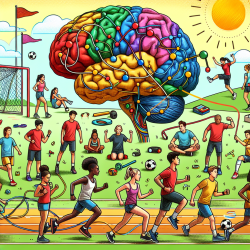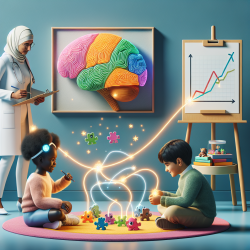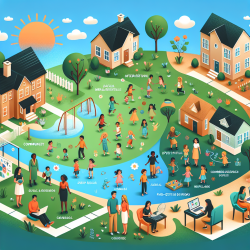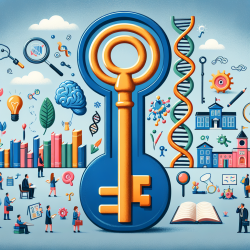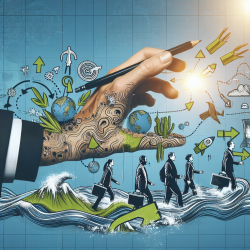The postponement of the Tokyo 2020 Olympic and Paralympic Games due to the COVID-19 pandemic presented unique challenges for athletes worldwide. However, for Paralympic athletes, this disruption highlighted existing inequities and systemic ableism within the sports community. A recent study titled From minding the gap to widening the gap: Paralympic athletes' experiences of wellbeing during the postponement of the Tokyo 2020 games delves into these issues, offering valuable insights for practitioners working with athletes with disabilities.
The Initial Impact: Unity and Disparity
Initially, the announcement that Canada would not send athletes to Tokyo unless the Games were postponed was met with mixed emotions among Paralympic hopefuls. Many felt a sense of unity and inclusion as part of Team Canada. However, as time passed, it became evident that while all athletes faced similar restrictions, the implications were not equal for everyone.
Paralympic athletes often encountered greater challenges due to limited access to specialized training facilities and financial constraints. For instance, one para-triathlete faced increased injury risk because she couldn't access swimming pools, a crucial part of her training regimen. Another athlete expressed frustration over having to fundraise annually due to insufficient financial support compared to their Olympic counterparts.
Ableism and Psycho-Emotional Disablism
The study highlights how systemic ableism within sports organizations exacerbated these challenges. Ableist structures often fail to accommodate the unique needs of para-athletes, leading to feelings of inferiority and marginalization. This psycho-emotional disablism undermines athletes' psychological wellbeing by constantly exposing them to discriminatory practices and attitudes.
Despite these barriers, many Paralympic hopefuls demonstrated resilience by drawing on past experiences of overcoming adversity. For some, their journey into para-sport began with a life-altering injury, which had already tested their mental fortitude. These experiences provided valuable coping mechanisms during the pandemic-induced disruptions.
Navigating Vulnerability and Resilience
The study also explores how narratives around vulnerability influenced Paralympians' experiences during the pandemic. While some athletes acknowledged increased health risks due to their disabilities, others distanced themselves from such discourses. This highlights the diversity within the para-athlete community and underscores the need for tailored support systems that consider individual circumstances.
Interestingly, many Paralympic hopefuls found solace in maintaining connections outside of sport. Whether through employment or education, these engagements provided structure and purpose amidst uncertainty. This multifaceted approach to life beyond athletics may have contributed to their resilience during challenging times.
Implications for Practitioners
For practitioners working with athletes with disabilities, this research offers several key takeaways:
- Acknowledge Diversity: Recognize that para-athletes are not a monolithic group; their experiences and needs vary widely.
- Challenge Ableism: Actively work to dismantle ableist structures within sports organizations and advocate for equitable support systems.
- Leverage Past Experiences: Encourage athletes to draw on past adversities as sources of strength and resilience.
- Foster Holistic Support: Promote engagement in activities outside of sport to enhance overall wellbeing and provide balance.
This research underscores the importance of understanding the unique challenges faced by Paralympic athletes and highlights opportunities for practitioners to enhance support systems. By addressing systemic inequities and fostering resilience, we can create more inclusive environments that empower all athletes to thrive.
To read the original research paper, please follow this link: From minding the gap to widening the gap: Paralympic athletes' experiences of wellbeing during the postponement of the Tokyo 2020 games.
